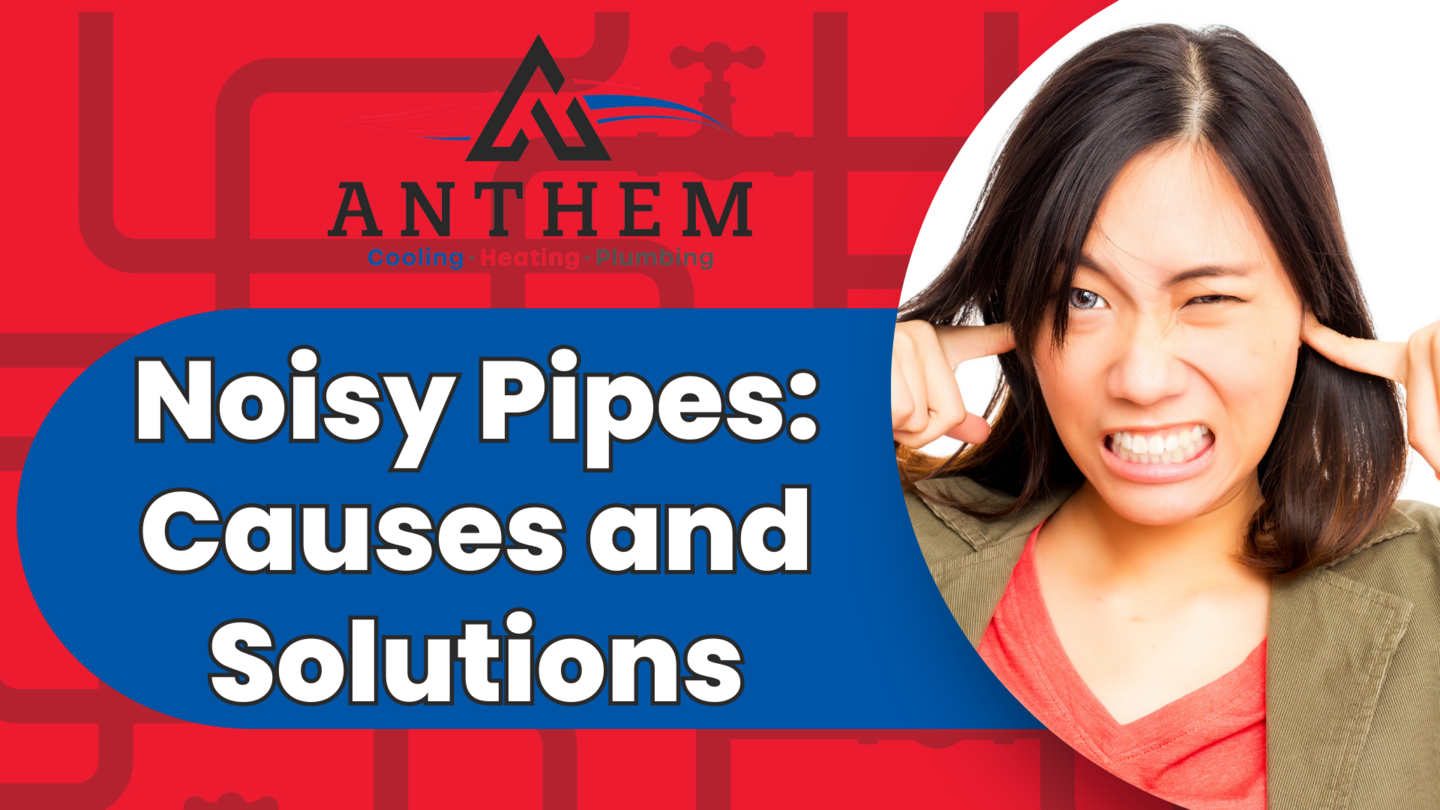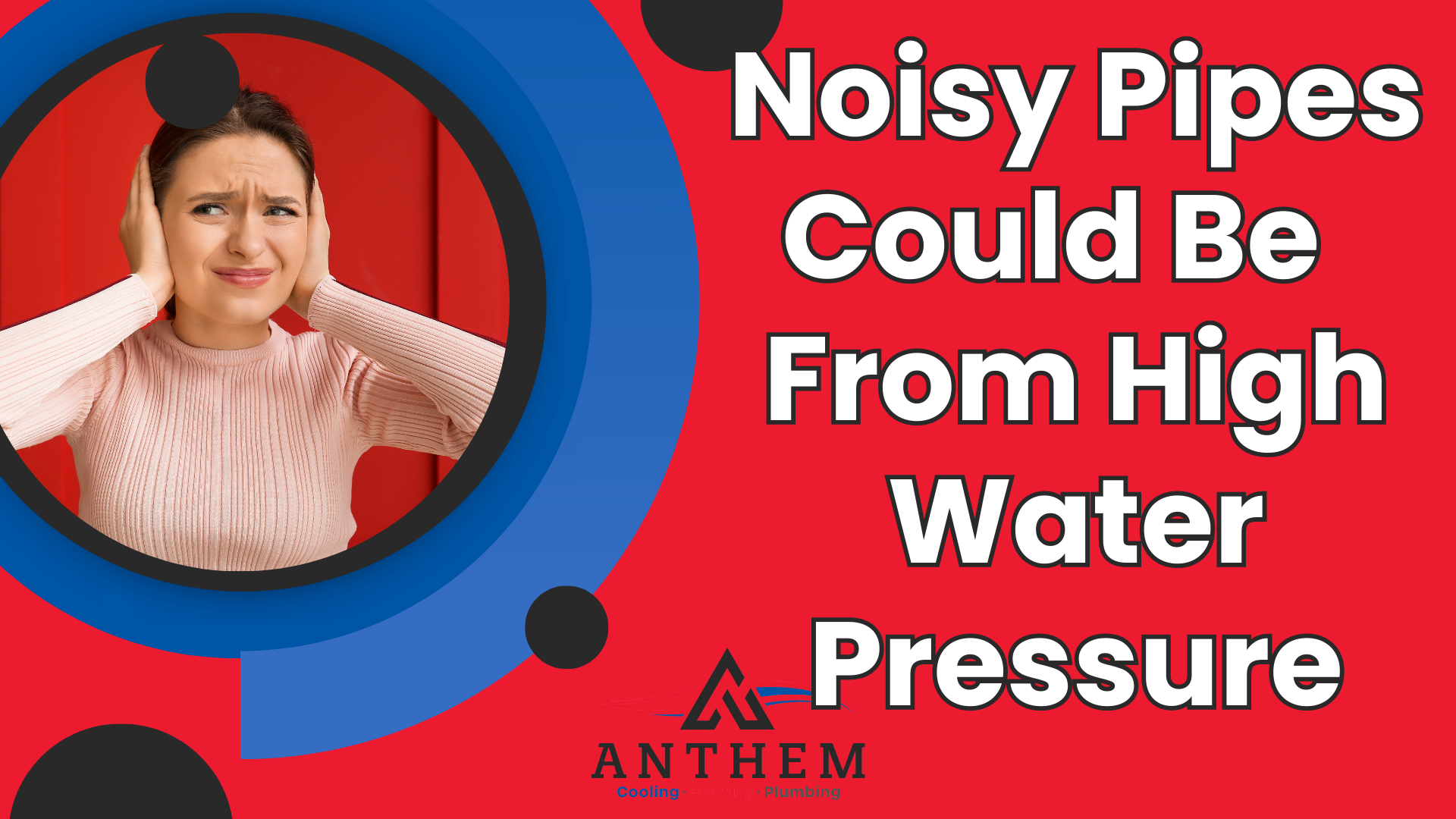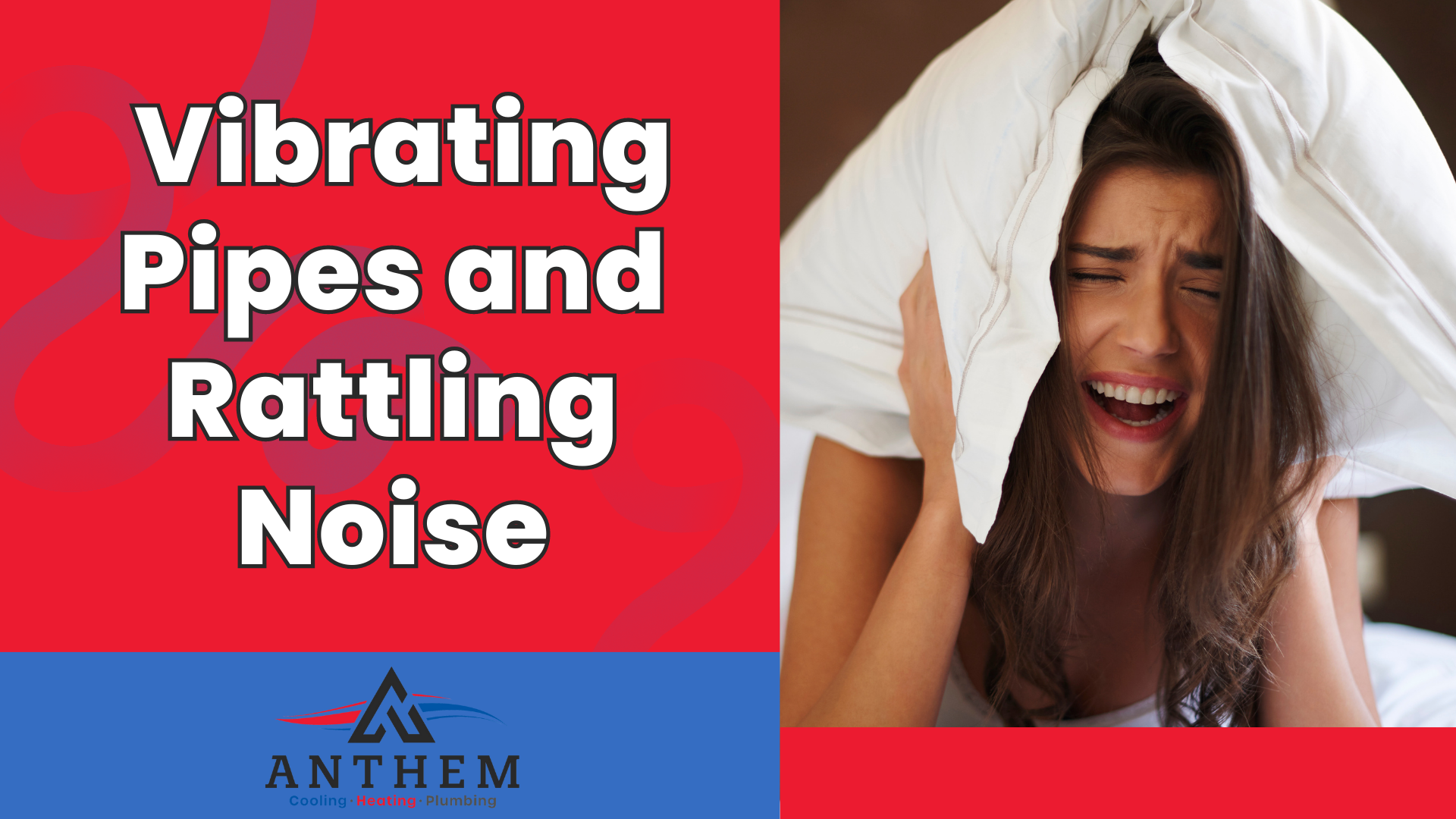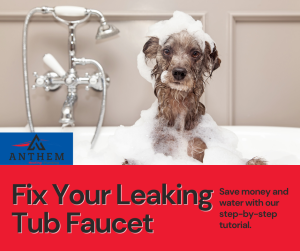
Noisy pipes can be a homeowner’s worst nightmare.
The unsettling sounds echoing through the walls, especially during the night, are not just disturbing but may also indicate underlying plumbing issues.
If you’re experiencing noisy pipes in your Coachella home, it’s crucial to understand what might be causing them and how to fix it.
Whether it’s water hammers creating banging noises or trapped air bubbles contributing to the cacophony, understanding these problems is essential for maintaining a peaceful home environment.
Unraveling the Mystery of Noisy Pipes
Noisy pipes can be a disruptive issue in many homes. This nuisance is typically characterized by banging noises and strange sounds that may leave you wondering about their origin. So let’s delve into the world of noisy water pipes.
The Water Hammer Effect Explained
A leading cause for the notorious banging noise associated with your plumbing system is an occurrence known as “water hammer.” Imagine fast-moving water inside your pipes being brought to an abrupt halt due to closed valves or faucets – this sudden stoppage creates pressure waves that traverse through your piping network resulting in loud thuds.
This situation usually comes into play when high-speed moving water lacks adequate air cushioning (such as an air chamber) capable of absorbing its kinetic energy upon valve closure. In the absence of such protective measures, swift transitions from high-velocity movements to complete stillness generate shock waves that manifest themselves audibly in the form of water hammers.
Air Bubbles: Unseen Contributors to Noise
Beyond water hammers, another key factor contributing to noisy pipelines is trapped air bubbles. When these tiny pockets get lodged within your pipeline system, they disrupt regular flow patterns causing unusual gurgling or rattling sounds.
These pesky intruders often infiltrate our home’s plumbing systems via leaks at joints and connection points or because gases naturally present in supply waters escape under certain conditions like temperature changes. Once entrapped – regardless of how large they are – obstruct normal flows thereby generating turbulent regions downstream. Alternatively, if they are very small, they stay suspended amongst flowing liquid particles where they interfere with smooth movement hence producing sound vibrations perceived as ‘strange noises.’
Tackling Common Causes Behind Noisy Pipes
Persistent noises emanating from your plumbing could hint at underlying issues involving various structural aspects including excessive wear on parts. This could be caused by environmental factors, such as hard-water deposits corroding internal surfaces over time leading eventually to more pronounced acoustic manifestations: things like humming vibrations echoing throughout walls whenever taps are opened fully.
Key Takeaway:
Those strange noises in your pipes aren’t ghosts, but they could be water hammers or trapped air bubbles. Water hammers occur when fast-moving water is abruptly halted, causing pressure waves that result in banging sounds. Trapped air bubbles disrupt regular flow patterns and cause unusual gurgling or rattling sounds. Persistent plumbing noise might indicate underlying issues.
The Role High Water Pressure Plays on Your Plumbing Concerto

High water pressure can be likened to an overzealous conductor driving his orchestra too hard, leading to discordant sounds emanating from vibrating pipes. This phenomenon produces a humming noise that not only disrupts the tranquility of your home but also signifies potential structural damage within the plumbing network.
This type of noise is more than just an auditory nuisance; it represents excessive wear and tear on critical structural features like valves and joints. Left unchecked, this could lead down a slippery slope toward leaks or even burst pipes.
A Spotlight on Worn Washers Near Appliances: The Hidden Noise Culprits
Moving onto another section of our domestic orchestra – appliances such as dishwashers or washing machines are often accompanied by worn washers playing whistling or squealing tunes. Hard water tends to exacerbate this issue due to its erosive nature, which hastens washer degradation, especially in regions known for having notably hard tap water supply. If you’ve been hearing frequent performances around appliances, then worn-out washers might be partaking.
In essence, these seemingly minor components play significant roles within our homes’ piping networks, akin to vital instruments contributing harmoniously (or otherwise) to making beautiful melodies. Hence, regular inspections and tightening procedures could spare you both headaches and costly repairs later.
Detecting the Origins Of Your Domestic Symphony
Now that we have understood some key factors influencing those strange concerts occurring inside our pipes, let us now delve deeper into how exactly one identifies where all these peculiar sounds originate.
Key Takeaway:
Don’t let your plumbing system play a discordant symphony in your home. High water pressure and worn-out washers near appliances are often the conductors of this unwanted performance, causing not just noise but potential structural damage too. Regular inspections can help silence these cacophonous pipes and prevent costly repairs down the line.
The Clue in Gurgling Sounds
Gurgling is often an indicator of clogged copper pipes. Air bubbles trapped within your plumbing system struggle to navigate through water inside blocked or partially obstructed pipes, creating this distinctive sound.
If left unattended, gurgles could lead to more serious problems such as pipe bursts or significant water damage over time. Hence, it’s crucial to address these signs promptly before they escalate into larger issues.
The Whistle of the Main Water Supply Valve
A squeaking or whistling noise may point to issues with your main water supply valve. This usually occurs when there is too much pressure on the valve causing turbulent flow, which leads to vibrations and hence produces noise.
This issue requires professional assistance as improper handling can exacerbate the situation by damaging delicate parts within your piping network or even escalating into a full-blown leak scenario due to increased pressure exertion on already strained sections of pipeworks.
Rattlers: Vibrating Pipes and Rattling Noise

Vibrations leading to rattling noises are generally caused by loose fasteners that allow for excessive movement during periods of high usage, such as peak morning hours or late-night laundry sessions. The resulting vibration risks wear and tear on surrounding fixtures due to their constant friction against moving pipeworks. Therefore, any noticeable changes in regular operational sounds should be addressed promptly before they escalate into bigger issues.
Squeaks and High Pressure?
Squeaking sounds from copper pipes’ plumbing systems usually signal high-pressure levels – indicating something isn’t quite right with how water is being transported across different sections. When left unchecked, elevated pressures potentially lead to leaks, so identifying and addressing them early is crucial to prevent further complications arising later down the line, including expensive repairs and potential structural damages to homes’ foundations, walls, floors, etc., caused by accumulated seepages over a prolonged period of time.
Key Takeaway:
Cracking the code of noisy pipes involves understanding the noises and their root causes. Gurgling hints at clogged copper pipes, while squeaking or whistling may indicate issues with your main water supply valve. Vibrating and rattling sounds could be due to loose fasteners, whereas high-pressure levels often cause squeaks in plumbing systems.
Conclusion
Understanding the cause of noisy pipes is half the battle won.
The phantom water hammers and trapped air bubbles can turn your quiet home into a concert hall.
High water pressure and worn washers near appliances are common culprits behind those rattling sounds in your plumbing system.
Gurgling noises might hint at clogged pipes while humming sounds could mean vibrating pipes due to high pressure.
A bit of detective work helps you identify where exactly these strange sounds are coming from within your plumbing system.
If this all seems overwhelming, remember that help is just a click away. At Anthem, we specialize in plumbing repair services and have expertise in dealing with issues like noisy pipes. We’re here to silence those irritating noises once and for all so you can enjoy peace again in your Coachella home. Connect with us today, and let’s restore tranquility back into your living space together!








No comment yet, add your voice below!